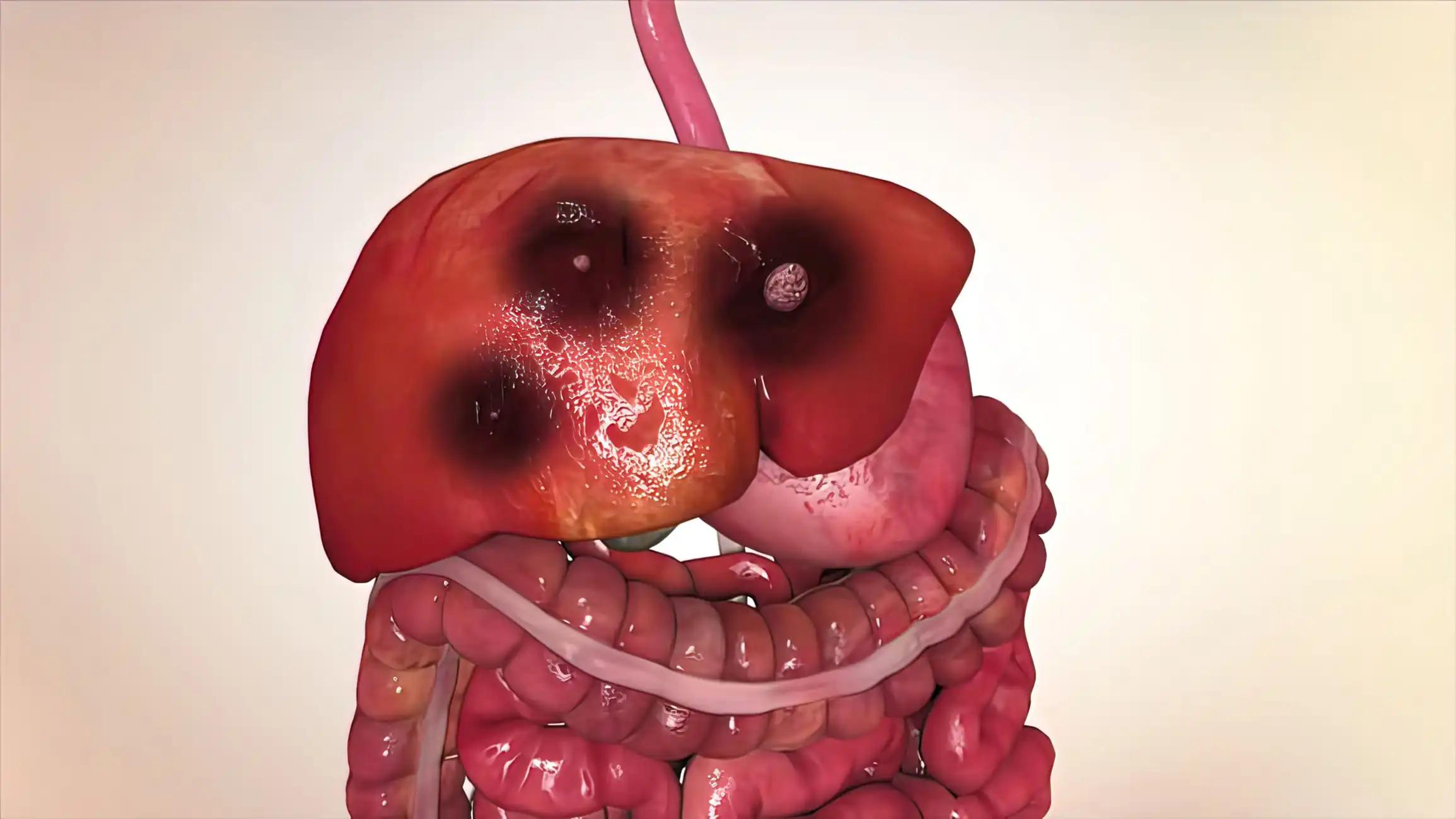KEY TAKEAWAYS
- The study aimed to investigate the efficacy of combining oncolytic virus CF33 with CD19-CAR T cells for treating pancreatic cancer patients.
- Researchers observed enhanced tumor infiltration and cytotoxicity with CF33-CD19t and CD19-CAR T cells, indicating potential for broadening CAR T-cell therapy to solid tumors.
Chimeric antigen receptor (CAR) T cells have revolutionized therapy for B-cell lymphoma and leukemia by targeting CD19. However, their efficacy in solid tumors is hindered by the immunosuppressive tumor microenvironment and a scarcity of tumor-specific antigens.
Courtney Chen and her team engineered an oncolytic virus (CF33) to deliver a truncated CD19 antigen (CD19t) for targeting by CD19-CAR T cells and evaluated this approach in pancreatic cancer.
They performed an inclusive analysis utilizing flow cytometry and ELISA to quantify CD19t expression, immune activation, and killing by virus and CD19-CAR T cells against different pancreatic tumor cells. Subcutaneous pancreatic human xenograft tumor models were treated with virus, CAR T cells, or virus+CAR T cells.
In vitro experiments, CF33-CD19t infection led to >90% CD19t cell-surface expression. Co-culturing CD19-CAR T cells with infected cells induced interleukin-2 and interferon-gamma secretion, T-cell activation marker upregulation, and enhanced cell killing. In combination therapy, significant tumor regression was observed on day 13: control (n = 16, 485 ± 20 mm³), virus alone (n = 20, 254 ± 23 mm³, P = 0.0001), CAR T cells alone (n = 18, 466 ± 25 mm³, P = NS), and virus+CAR T cells (n = 16, 128 ± 14 mm³, P < 0.0001 vs control; P = 0.0003 vs virus).
The study concluded that engineered CF33-CD19t efficiently infects and expresses CD19t in pancreatic tumors, leading to cell killing and heightened immunogenic response by CD19-CAR T cells. Notably, CF33-CD19t can potentially convert immunologically “cold” tumors into “hot,” allowing for the targeting of solid tumors by agents designed for liquid tumor antigens.
Source: https://pubmed.ncbi.nlm.nih.gov/38214445/
Chen C, Park AK, Monroy I, et al. (2024). “Using Oncolytic Virus to Retask CD19-Chimeric Antigen Receptor T Cells for Treatment of Pancreatic Cancer: Toward a Universal Chimeric Antigen Receptor T-Cell Strategy for Solid Tumor.” J Am Coll Surg. 2024 Apr 1;238(4):436-447. doi: 10.1097/XCS.0000000000000964. Epub 2024 Mar 15. PMID: 38214445.



